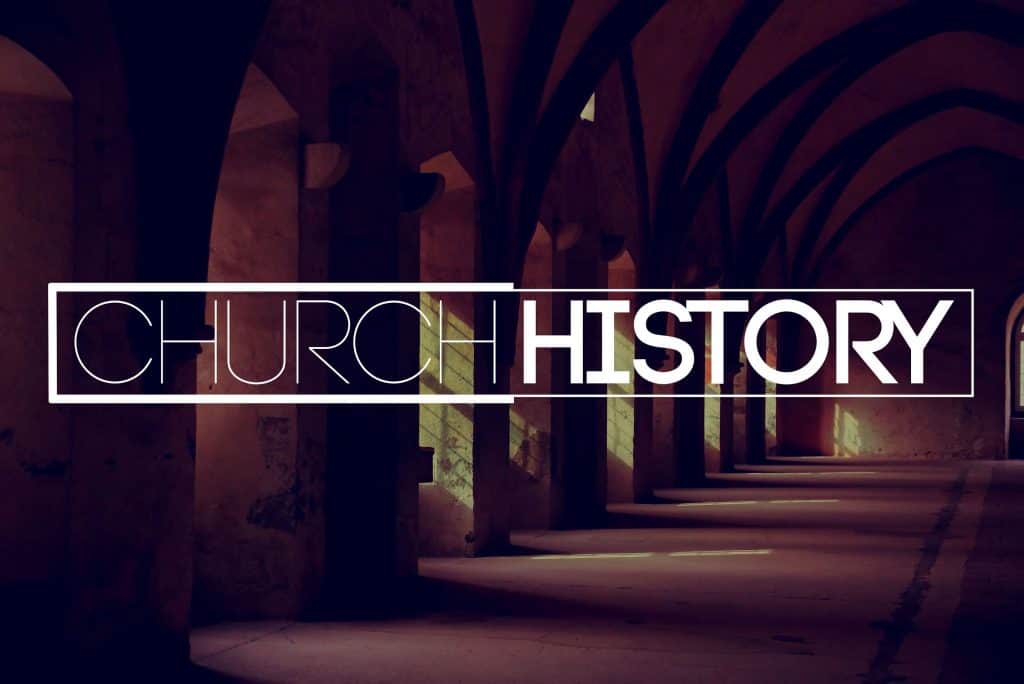⏱️ Estimated Reading Time: 4 min read
In recent weeks I’ve been asked a couple of questions that go along the lines of something like this “Why do you study Church History so much?” or even better “Why do you always lead off your sermons with some historical illustration, how is that applicable to me today?” As soon as this question is asked, I find myself methodically creating an argument for the importance of understanding church history as a modern day Christian. However, in recent days I have observed the argument has turned into the necessity of having an abundant knowledge of church history and how to infuse that knowledge into my preaching.
As preachers, we are guardians of the sacred truths of Scripture. There are no questions about this. We are called to rightly divide the Word of God with integrity, faithfulness, and accuracy. We are called to instruct the people whom God has entrusted to us the divine wisdom of Christ and how to, as the Westminster Shorter Catechism says, “glorify God and enjoy Him forever.” This is our calling, our privilege, and more importantly, it’s a mandate from God Himself. How though can we expect our congregations and Christ disciples to have a high view and high regard for events that took place over 2000 years ago? The answer is this question, and other questions are succinctly summed up by the Swiss theologian Phillip Schaff:
“How shall we labor with any effect to build up the church, if we have no thorough knowledge of her history, or fail to apprehend it from the proper point of observation? History is, and must ever continue to be, next to God’s Word, the richest foundation of wisdom, and the surest guide to all successful practical activity.”
It is through the study of church history that we discover how the Apostles and Disciples of the Apostles bled and died for the Christian faith. It is through the study of Church History that we discover how the canon of Scripture was prayerfully deliberated over, finalized, and formed into the Bible that we have today. It is through the study of Church History that we learn of the martyrs of the faith who willingly gave up their lives to defend the faith delivered once for all the saints from the beginning of time to its end. Church History gives us insights to how our forefathers developed sound Christological doctrine, how they righted the ship of theological liberalism and heresy with the Protestant Reformation. In addition to this understanding Church History helps us learn of modern men like Francis Schaffer and Carl F. H. Henry who inspired a new generation of thoughtful Christianity in the academic world that held to the inerrancy of Scripture.
How does church history edify the Church? Church History gives the Church a backbone and courage. It also gives the Church the belief in itself to overcome attacks from wolves in sheep’s clothing and outsiders who may lambast the Church with hate and malice. The study and implementation of Church History in the regular preaching of the Word makes Scripture come alive and gives helpful, credible application to how God has moved and has continued to revive His church.
Pastor, when the people in your local church understand the importance of Church History, they begin to see themselves and their own testimony of God’s faithfulness in their own lives in the grand narrative of history. They begin to see that what they do in this life will matter for generations to come. They see that Justin Martyr, Martin Luther, and Billy Graham are all connected by the scarlet thread of Christ blood, and ultimately they see how the God has been there every step of the way: Reigning sovereign over it all.
It is your responsibility to show them this Pastor. God has given you the history books so put them to use. To quote Blaise Pascal “The history of the church should more accurately be called the history of truth,” therefore teach them the history of this great truth. Teach them why church history matters. Lastly, teach them that all of history points to the God-Man Jesus Christ and how all men will one day have their histories examined by God the Father on the Day of Judgement.



